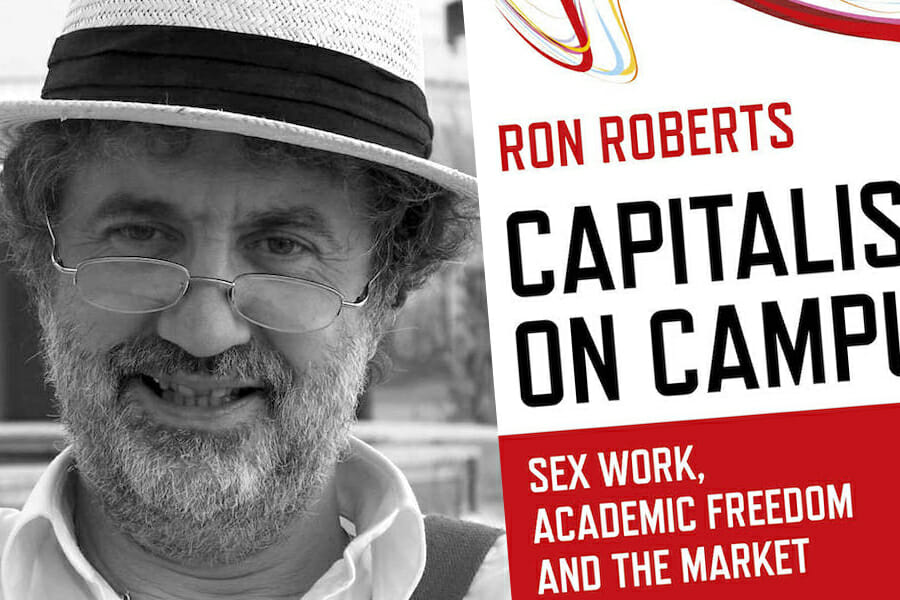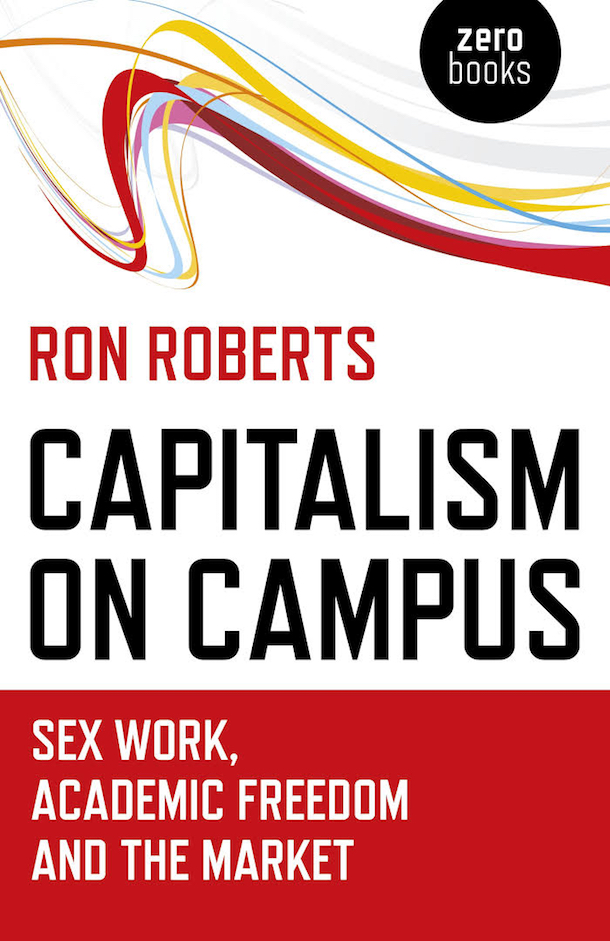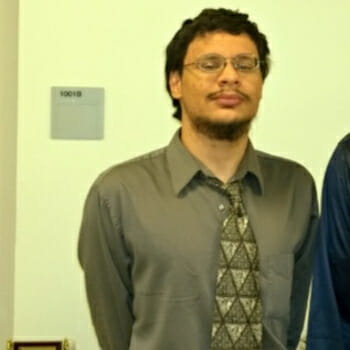
Books
Book Review: ‘Capitalism on Campus: Sex Work, Academic Freedom and the Market’
Sex and student debt are viewed as two inevitable facets of university-student life. Kingston University’s Dr. Ron Roberts writes about the disturbing connections between these two and the state of academia as a whole in Capitalism on Campus.
Dr. Roberts writes about the growing phenomenon of uni students partaking in sex work (mainly stripping, camming & prostitution). The book cites multiple UK surveys conducted between 2012-2017 which, found that between 5-6% of students were engaging in sex work. Furthermore, many of these admitted sex workers came from middle-class backgrounds. Another survey found that 30% of students personally knew of another student(s) engaged in sex work, while another found that 16% of students were considering entering the adult industry.
These figures have reliably been rising in tandem with UK tuition hikes that started under New Labour in the late 90s. Such a trend hasn’t been isolated to the UK, of course. American rappers like Jay-Z and Juicy J and the Canadian Drake have been rapping about women stripping to pay their tuition for decades. Across much of the West, college has become exponentially more expensive. Young people in both the US and UK are shouldering total student loan debts in excess of $1 trillion.
This debt explosion, combined with poor job prospects for “inexperienced workers,” soaring urban housing costs and the remnants of the recession have compelled many young women (and surprisingly high numbers of men) to take up sex work. Rather than addressing this crisis, schools, by and large, have chosen to ignore it. Worse, many universities and academic associations actively try to whitewash research and reporting about student sex work. Dr. Roberts cites personal experiences, as well as the experiences of other academics, of being stonewalled and threatened by administrators for daring to try to study the issue.
Universities are obsessed with maintaining a façade. Ever since universities went from being a public utility to a privatized cash cow, schools have felt the need to sell themselves as a product. Dr. Roberts writes that, “The largely uncritical domestic support offered by university vice-chancellors to tuition fee increases and marketisation suggests not merely a lack of vision and subservience, but a propensity to keep one eye on the huge salary and another on possible rewards from the honours system.” This prioritization of bringing in money over student welfare means an obsession with public imaging and maintaining a high rating in places like the U.S News and World Report Best Colleges Rankings and The Princeton Review.

Much of the weight for these rankings comes from student surveys. Several university teachers and administrators have been caught telling students to give disingenuous good reviews on such surveys. The exponentially rising tuition rates at these school means that front offices are largely beholden to prospective parents of students and donors. Thus, the administrator line of thinking goes: What parent or affluent donor is going to want donate to or to send their precious child to a school that’s been exposed for having loads of students who sell their bodies just to get by? Uni students who have to resort to such means are consequently not just deprived of help by administrators, but often threatened with disciplinary action.
Society foists upon its future workers not just serf-like levels of debt, but substantial psychological baggage, as well. Soaring rates of depression, anxiety and suicide among Western youth is, according to Dr. Roberts, better understood not as an index of personal failure, but as a consequence of the brutal circumstances which have seen cuts in investment, training and job opportunities for young people, low wages, exorbitant student loans and tuition fees, cuts to mental health and welfare services, as well as a savage primary and secondary school system where endemic testing has become the norm.”
In an attempt to paper over these systemic problems, universities are increasingly endeavoring to coddle their students. This helps to assuage nervous parents and ensure good reviews from students on ranking surveys. There is a lot of conjecture from academics like the author and Russell Blackford that this is only further damaging the psyche of the student body. There’s also a new practice of millennial-bashing, partaken by administrators and the media. This seeks to absolve academia and society for the plight of the youth, instead blaming “entitled and lazy” millennials. Dr. Roberts writes about the role that modern therapy plays in this victim-blaming mindset: “Psychology has been a willing accomplice in the privitisation of stress, supplementing the neoliberal destruction of the welfare state with an enforced diet of positive thinking, psychotherapy, counseling, CBT [cognitive behavioral therapy] and mindfulness.”
Capitalism on Campus is a passionate ode to the decline of higher education’s integrity and the price that this exacts on its pupils. When people like George W. Bush and Tony Blair started the transferring of costs of university education from the people to individual students, it unleashed effects well beyond student debt. Many university students are now staring at underemployment, low credit scores resulting in poor access to loans, and even the prospect of being financially forced to drop out altogether. This noxious cocktail has compelled many students to take up work in the adult entertainment industry. Meanwhile, the universities who pocket the earnings from this oftentimes dangerous and degrading work stick their heads in the sand. One can only hope that society starts to listen to the voices of student protestors in London and grassroots groups like Our Revolution, for the sake our children and future children.

